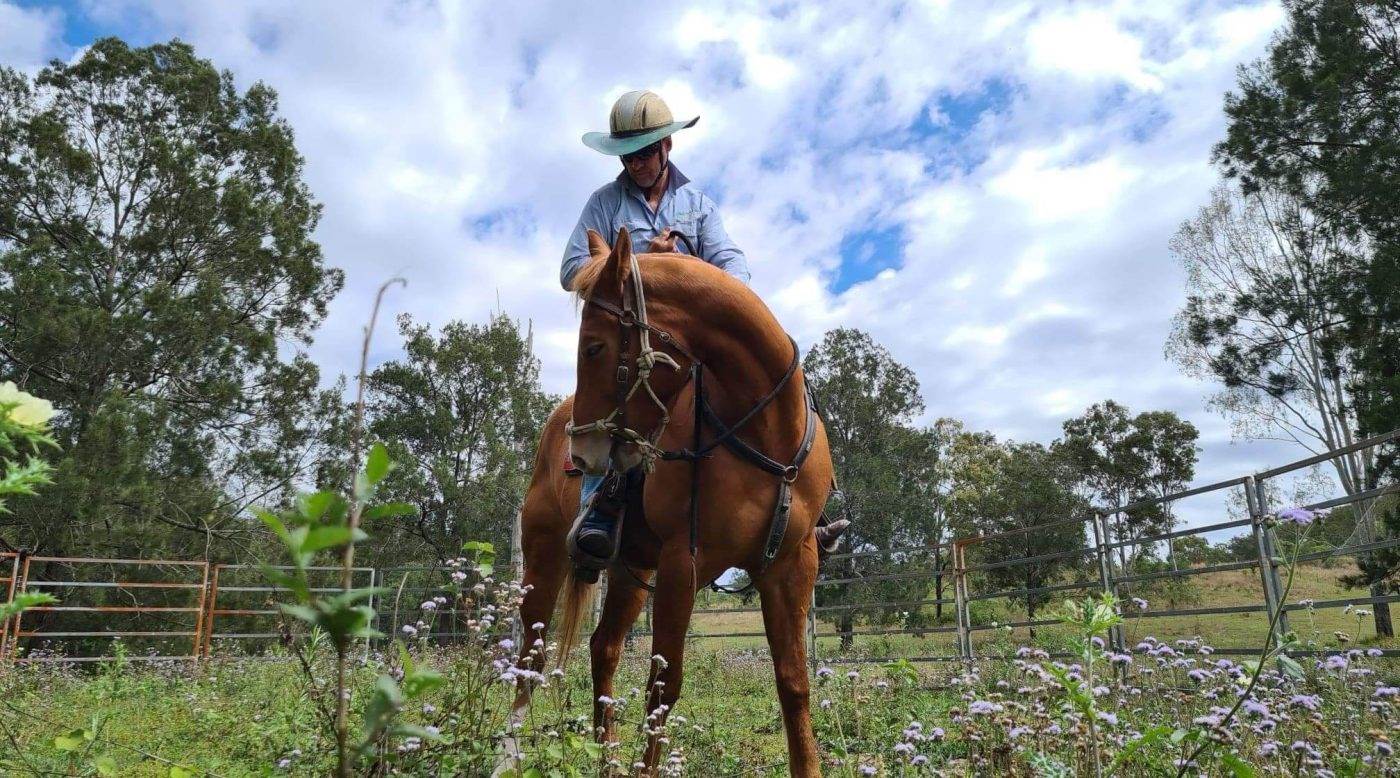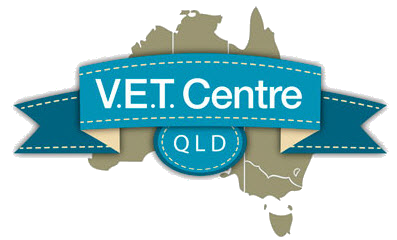Vince is a highly experienced and intuitive horseman, with a life-long passion for horses.
Natural Horsemanship
Building on Vince’s experience and passion, V.E.T. Centre offers a full range of Natural Horsemanship’ training for both horse and rider.
Vince works with all disciplines and breeds of horses. With over 30 years’ experience, his focus is on helping each horse to reach its full potential through natural horsemanship. At the same time, he offers the opportunity for the owner to be an active participant in this unique training process. This enables both horse and rider to grow together in order to achieve a successful and rewarding life-long partnership.

Equine Facilitated Learning
V.E.T. Centre works with Indigenous and other ‘Youth at Risk’ agencies on projects that provide the opportunity to incorporate programs for Equine Facilitated Learning (EFL).
These programs also complement and dovetail into our job-readiness and agriculture and pastoral training programs.
EFL is underpinned by the philosophy that peoples’ lives can be positively influenced and permanently changed by spending time with horses. It focuses on a participant learning to bond and communicate effectively with a horse.
To achieve this, participants are guided to use ‘natural horsemanship’ training methods and the horse’s own subtle system of communication.
Horses are herd animals, who are greatly influenced by the behaviour and body language of those around them. They are incapable of lying, and their reactions are unconditional. Horses thus effectively act as a ‘living mirror’.
For example, if a person is nervous, the horse will pick up on those feelings and be similarly ill at ease. Similarly if a person is confident, the horse will also feel confident and secure.
Most EFL work takes place on the ground. A session can take various forms, from simply learning to bond with a horse through grooming to lunging, leading, round-pen work and much more.
Spending positive time with horses has multiple benefits. Participants generally experience increased confidence and self-esteem. They often develop better communication skills and more fulfilling relationships.
Self-awareness and increased knowledge about the cause and effects of behaviour can also result from EFL. A person often feels greater empathy for others when they are responsible for a living, breathing animal. For those who feel they lack control over their lives, EFL can be very empowering.
At its simplest level, EFL can give participants a sense of achievement and well-being which is both valuable and lasting.
EFL has great potential to connect with young people, particularly those who are, or are at risk of becoming disengaged. It can help them to view themselves and interact with others in a more positive and effective way.
At V.E.T. Centre we use EFL both as a stepping-stone into our other training programs and as an adjunct to them.
